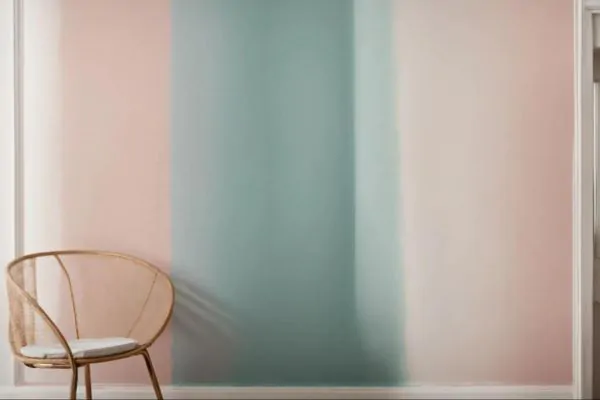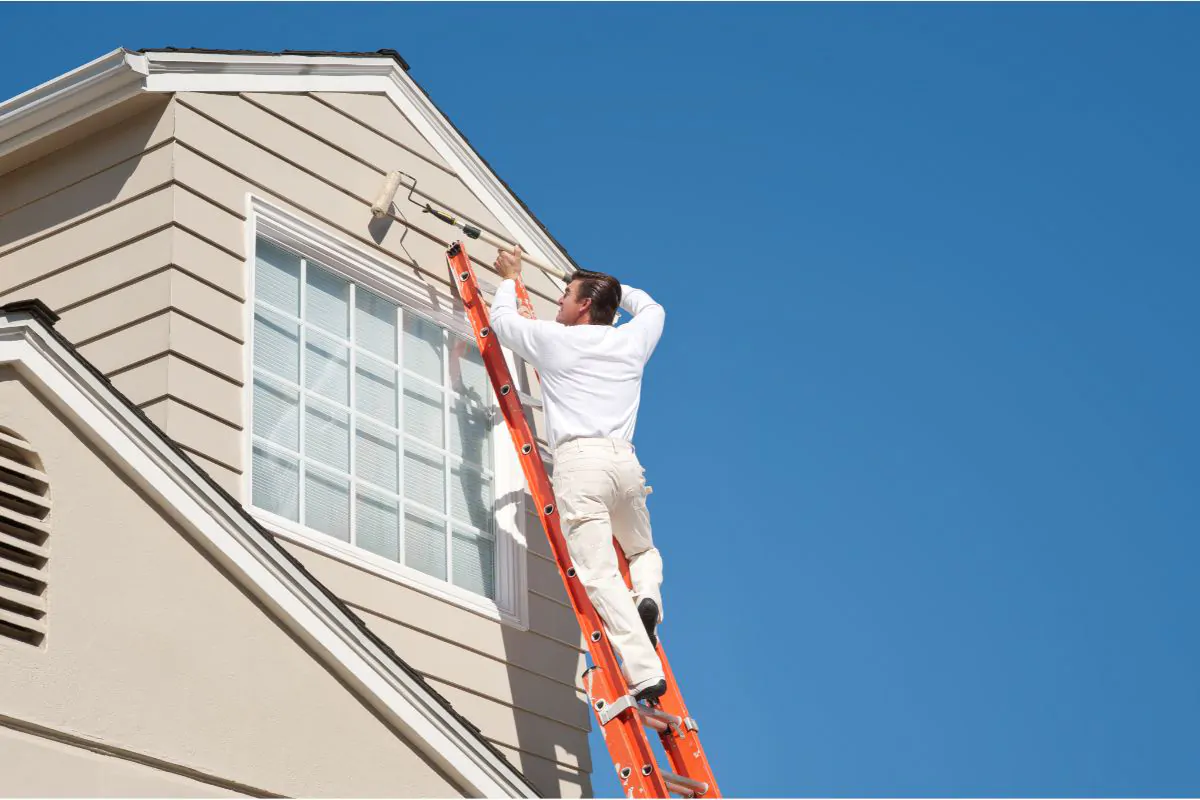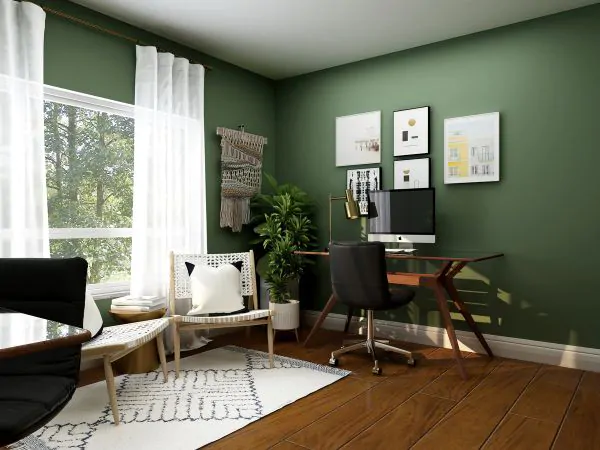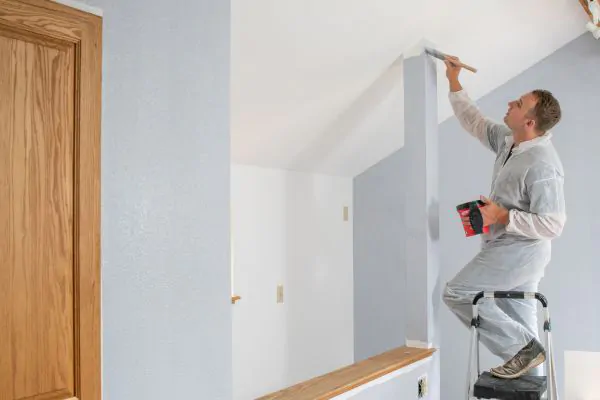
House painting is more than a mere makeover; it’s a crucial investment that enhances your home’s appearance, value, and protection. Understanding the costs of hiring house painters is essential for budgeting and making informed decisions. In this comprehensive guide, we’ll delve into the factors that influence house painting costs and explore the different pricing methods used by house painters.
Factors Affecting House Painting Costs
The costs of house painters depend on various criteria. The size of your house affects how much paint and labor you need. A larger home naturally costs more. The number of rooms and surface square footage also affect painting costs.
Another important factor is surface condition. Significant damage or preparatory needs like repairs, sanding, or priming might increase costs. Surface preparation is essential for a smooth, long-lasting paint finish, saving you money on repairs and repaints.
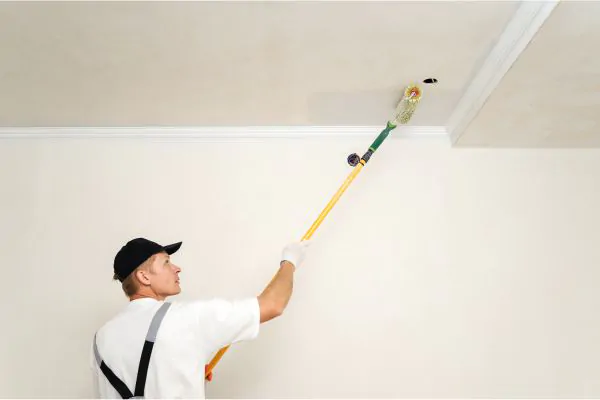
Another major cost factor is paint type and quality. High-quality paints cost more but cover well and stay longer. Choosing the proper paint for interior or exterior surfaces and specialist paints for certain regions can also affect cost.
Furthermore, detailing needs affect house painting costs. If your home has detailed trim work, doors, windows, or architectural details, the painters may take longer and cost more. Finally, completion time affects labor expenses. Tight deadlines may need more people and resources, increasing costs.
House Painters Costs Estimation Methods
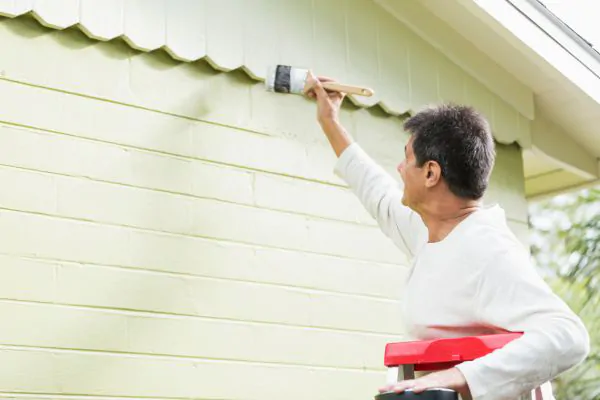
House painters use various pricing models to quote their services, which helps you make effective comparisons.
1. Hourly Rate
This is a common pricing approach used by painters, with average hourly rates varying based on location and experience. While it provides flexibility, accurately predicting the final cost can be challenging.
2. Square Footage Pricing
Some painters charge per square foot of the surface to be painted, particularly useful for larger projects. The per-square-foot rate may vary based on surface conditions and paint types.
3. Project-Based Pricing
For more extensive projects, painters may offer a fixed price for the entire job, factoring in the scope of work, materials, and labor. Project-based pricing provides cost certainty and facilitates better budgeting.
Related Post: What Should I Look For In A Painting Contractor?
Tips to Save Money on House Painting
Maximize the value of your house painting investment with these practical tips:

· Get Multiple Quotes
Obtain quotes from different painting contractors to compare prices and services. Look for painters with a proven track record, positive reviews, and transparent pricing.
· Consider DIY Options
Tackle smaller painting projects yourself if you have the time, skills, and patience. DIY painting can be cost-effective, provided you have the necessary tools and knowledge.
· Opt for Cost-Effective Paint Options
Discuss budget-friendly paint choices with your painter. Strike a balance between quality and cost with suitable paints that meet your requirements.
· Prioritize Essential Areas
Focus on key areas for painting, such as visible or high-traffic spaces, to achieve a refreshed look without a full-scale makeover.
· Proper Maintenance
Extend your paint’s lifespan through regular exterior maintenance. Regular cleaning and inspection prevent the buildup of dirt and mold, preserving the paint’s freshness.
Tips for Choosing Professional House Painters
Research and Referrals
Begin your search by researching local painting companies online and seeking recommendations from friends, family, or neighbors who have recently had their homes painted. Referrals from trusted sources can provide valuable insights into the painters’ reliability and quality of work.
Check for Licensing and Insurance
Ensure that the house painting contractor holds the necessary licenses and insurance. A licensed painter has met specific industry standards, and insurance coverage protects you from liability in case of accidents or property damage during the painting process.
Experience and Expertise
Look for painters with a proven track record and extensive experience in the industry. Experienced professionals are more likely to handle various painting challenges, offer expert advice, and deliver satisfactory results.
Written Contract
Request a written contract that outlines all the project details, including the scope of work, timeline, total cost, payment schedule, and warranty information. A written agreement protects both parties and ensures a clear understanding of the project’s terms.
Communication and Professionalism
Pay attention to the contractor’s communication skills and professionalism during the initial consultation. A reliable painter should be responsive, attentive to your requirements, and provide clear explanations.
Warranty and Guarantees
Inquire about the painter’s warranty and guarantees for their work. A reputable professional will stand by the quality of their services and offer warranties against peeling, cracking, or fading.
Conclusion
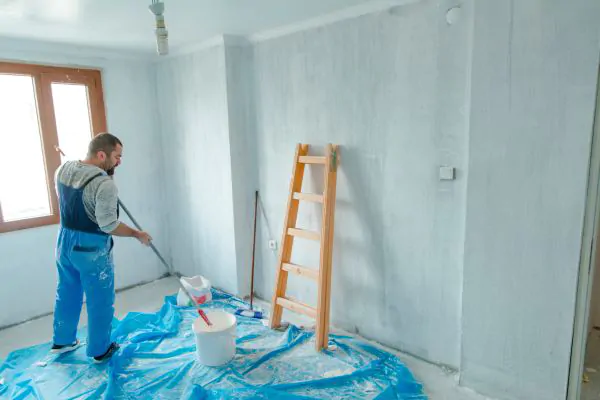
Understanding the factors influencing the cost of house painting empowers homeowners to make informed decisions aligned with their budgets and goals. By considering house size, surface condition, paint type, detailing requirements, and timeframe for completion, accurate quotes can be obtained from painting contractors.
Expert Hands Painting Your Humble Abode
Painting a home is more than just a job for Santa Fe Painters. It’s our way of keeping the town attractive and alive. For the exterior and interior painting of your home, make sure you know the right people to call. Let’s talk today!


